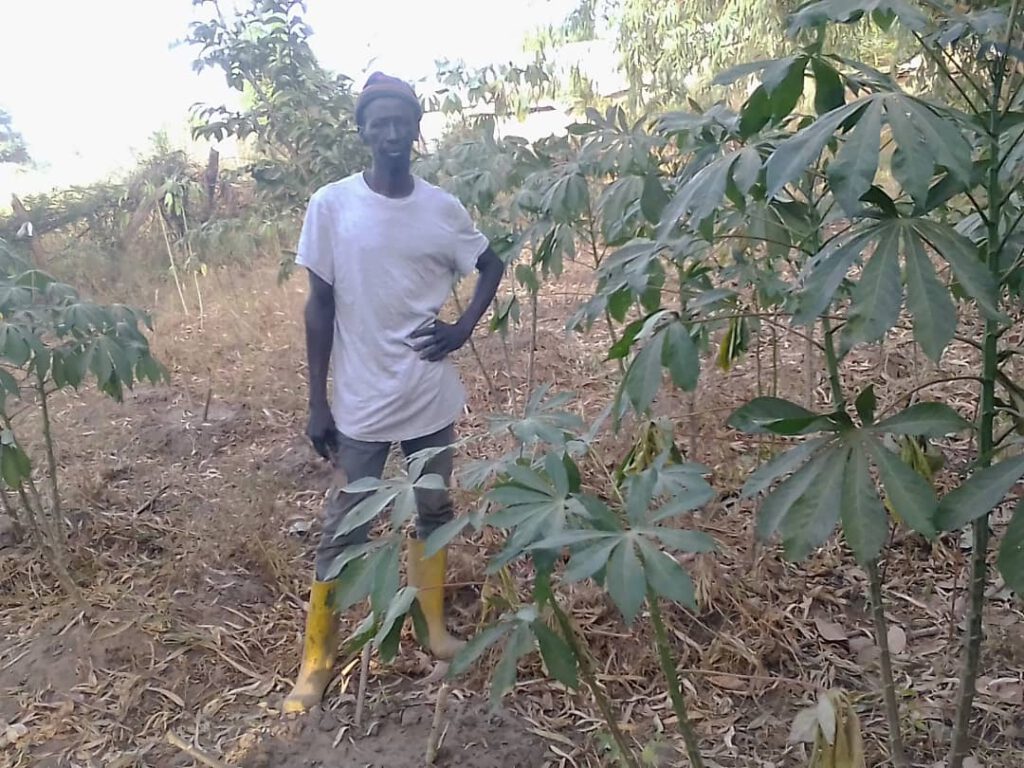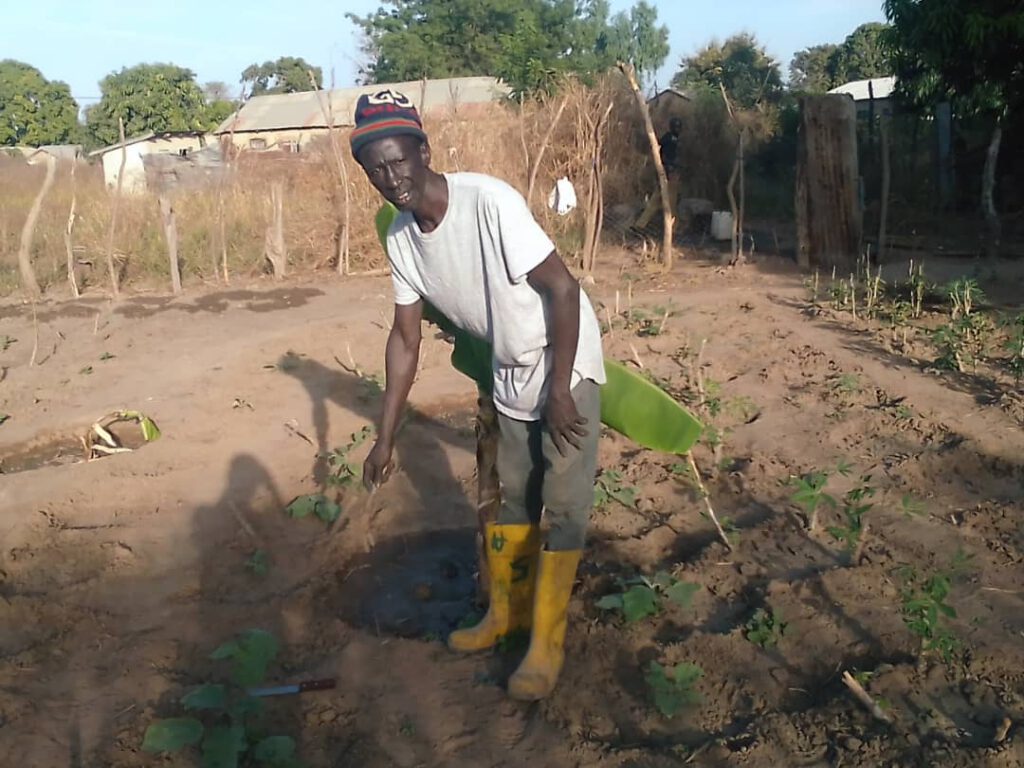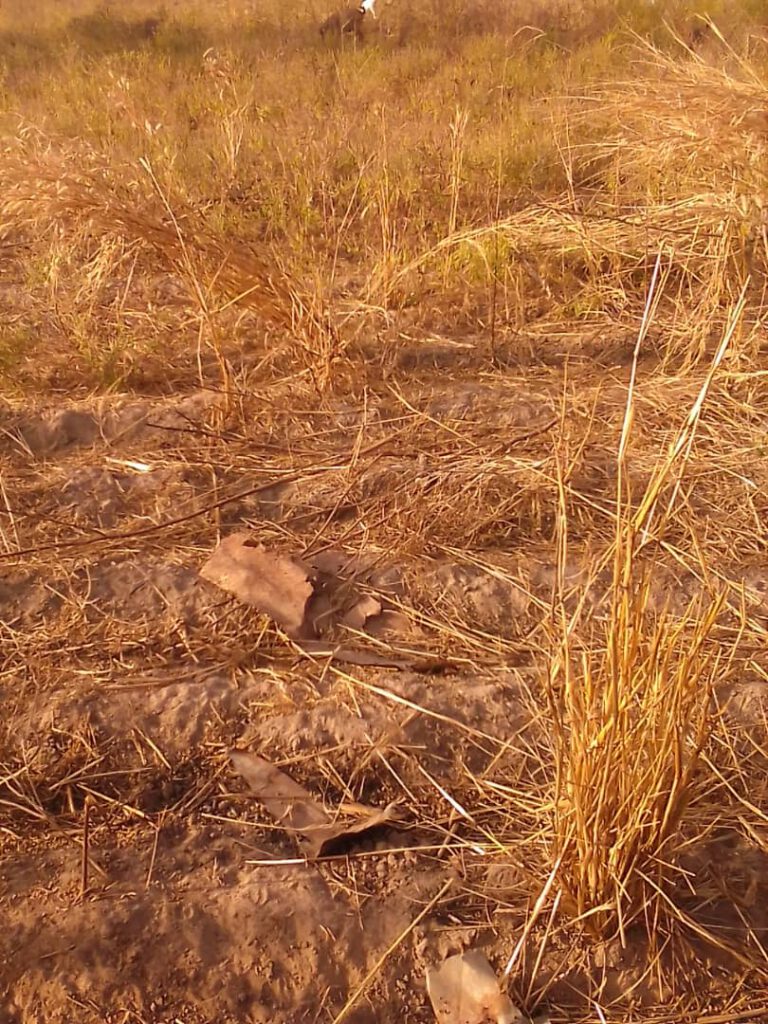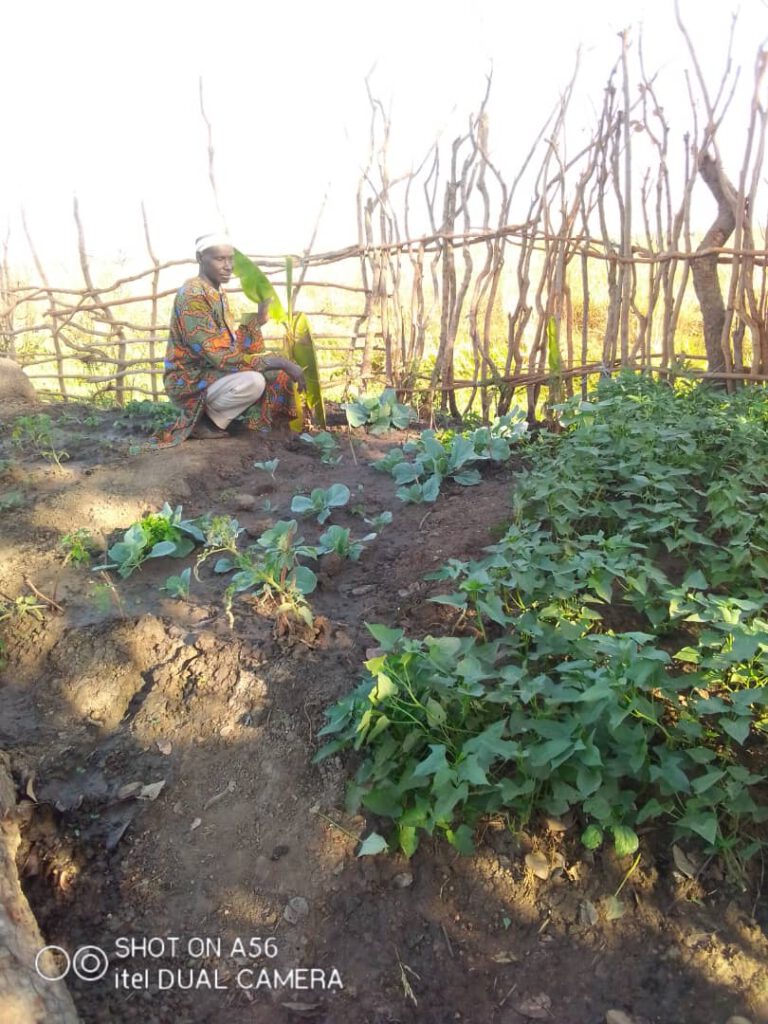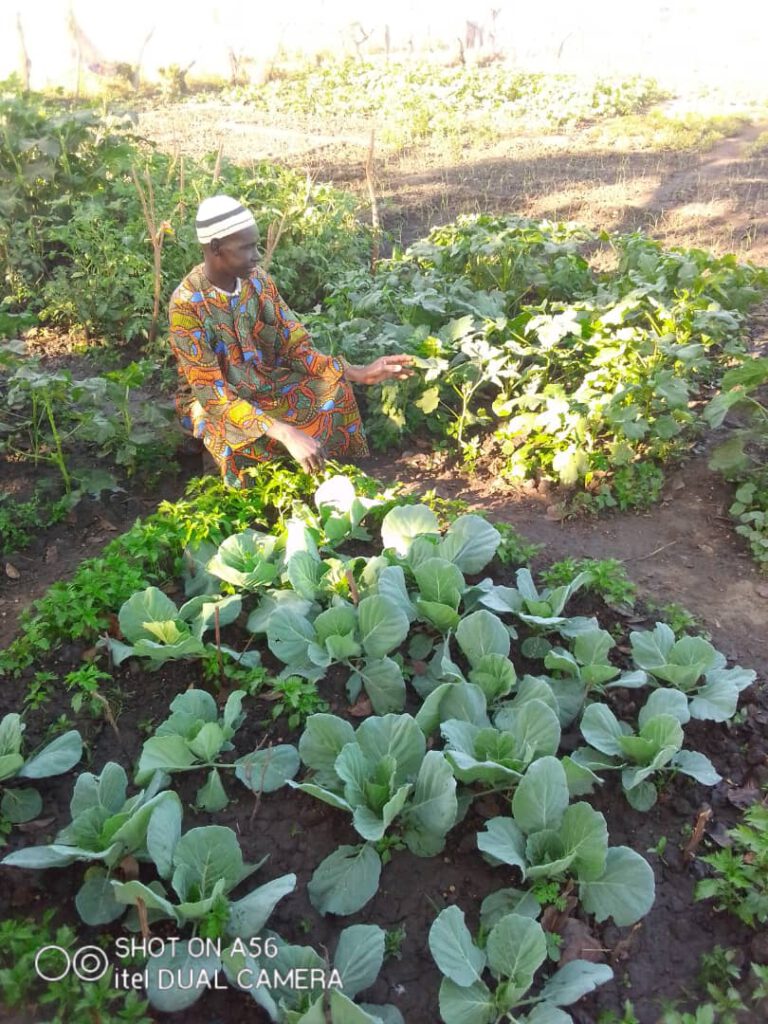The joys and worries of three farmers in the Gambia
Three farmers tell their story about farming in the interior of the Gambia. They are managing, but it is not always easy. It is also important to understand the context of their farming activities. Understanding the context already provides an indication of what innovations might work.
The three farmers are:
1. Alhousain Jabbi, farmer and Secretary Community Gardens Jakaba
2. Pita Camara, farmer and also trained in forestry, also a watchman in Kairoh Garden Kuntaur
3. Malik Jabbi, farmer
Bamadi Sillah acted as a translator in the conversations which resulted in this small report.
1. Farming practices
The farmers grow different crops that are common in The Gambia. Groundnut, maize, millet, cous, rice, watermelon. They are offered for sale at the local weekly market. For the community gardens, a committee agrees on what they will grow and who will do what. The three farmers interviewed do not participate in this, they follow their own idea. The purchase anyway is only local. The nearest large city for sales is 250 km away. Watermelons are taken there but it is difficult to find a good location for sales.
The farmers learned farming from their parents. Alhousain also trained for it and Pita also went to Benin to be educated. He also worked in a forestry project. However he went back into farming after the project was over.
Government officials also buy the groundnut harvest. Then there is a fixed price. However sometimes one has to wait up to four months for the money to actually come. It is often more convenient to sell the produce to buyers from Senegal who pay more.
From being a farmer, from the production, one can live for six months but it is not enough. The rainy season is only lasting three months, July-September. Besides that the farmers have different temporary jobs, but there are not many opportunities. The family suffers from shortages.
Malik has grown watermelons and paid money to prepare the land with a tractor, but the harvest failed due to lack of rain. He has also grown rice but the wild boars and hippos (hippos) have taken over. It is a general issue: if there are no fences the farmers need to be present on the land to keep the animals out. Neighbors have their sheep and goats walking around and they eat every green leaf they find. Also wild animals are taking the opportunities. Community responsibilities and maintaining peace in the community also prevent that in case of damages indemnity is demanded. Often also people cannot afford to pay.
Exploring the market doesn’t always help, according to Malik. One can have some success one year, for example with onions, but the next year everyone takes over that idea and then it doesn’t work anymore.
In the second half of the year during the dry season the community gardens are still in use. These are well fenced and in need of irrigation. Primarily the women are practicing horticultural activities there: tomatoes, pepper, lettuce, onions. The farmers’ land is often their own family property or it is leased. The communitygardens are land owned by the community.
2. Farming together with the family
Each of the farmers lives in an extended family. Together with their brothers they are responsible for a large group of people.
Malik: 36 persons, he farms together with two brothers.
Alhousain: 21 persons, he farms together with one brother.
Pita: 20 persons, he farms together with one brother.
Every other two days one of the two or three women does the cooking for the complete family. The labor division is such that the husband of the wife that is doing the cooking takes care of the shoppings for those two days. He delivers all the food. She prepares the meals.
The work on the land is only from July to September. After that only vegetable gardening is possible. After the farming period the farmers take little jobs, in construction, plumbing etc. in order to make a living. The brother of Pita is a plumber and he leaves the house in search of such income generating activities elsewhere. During that time he sends money for every two days his wife is doing the cooking.
All three farmers have either a donkey or a horse for transport and for working the land. They also serve the community, if neighbors are in need of transport.
Saving for investment (e.g. more fencing) is difficult, because the children have to go to school and always something is required for the family. All the earnings go to the family.
Expanding the business would be attractive, and the farmers intend to do so, but there is no equipment and there is no money available. The farmers do some general bookkeeping, but not very detailed.
3. Expanding the business and innovation
The farmers are satisfied with the efforts of the extension service that is active in the region. They visit the villages one by one and provide advice and tips on the best farming procedures. An example is the amount of plants to be put in one hole. Usually three or four rice plants were planted in one hole, but the yield is higher and it is more profitable to put two plants in one hole. Other examples are checking the soil and checking the fertilizer and an overall assessment of the harvest (it should at least provide more revenues than the original investment).
The farmers also make use of tidal irrigation and make a plan per plot, a sort of seasonal calendar. Actually that is also done together by the whole village.
Each and every innovation is discussed with the brothers who farm together. Usually that is done in good harmony. An example is the aquatic weed program one of the farmers participated in. It taught him to make charcoal from weed and it was much welcomed by his brother. Apart from the family land each of the brothers also has a private plot.
The farmers are also involved in animal husbandry. Since 1994 one of the farmers is involved in animal breeding and he also has sheep. It also brings more risks, because they can get sick all of them. One of the farmers lost six goats because of that. Another one of the farmers did a training for handling sheep. If the sheep are sick assistance is available from a veterinary specialist, who comes by motorcycle, but that also comes with a price.
Mosquitoes are a big problem so that it is not possible to raise young calves. The traditional way of keeping them out was smoke from fire wood. But it is not anymore allowed to take wood from the forests.
